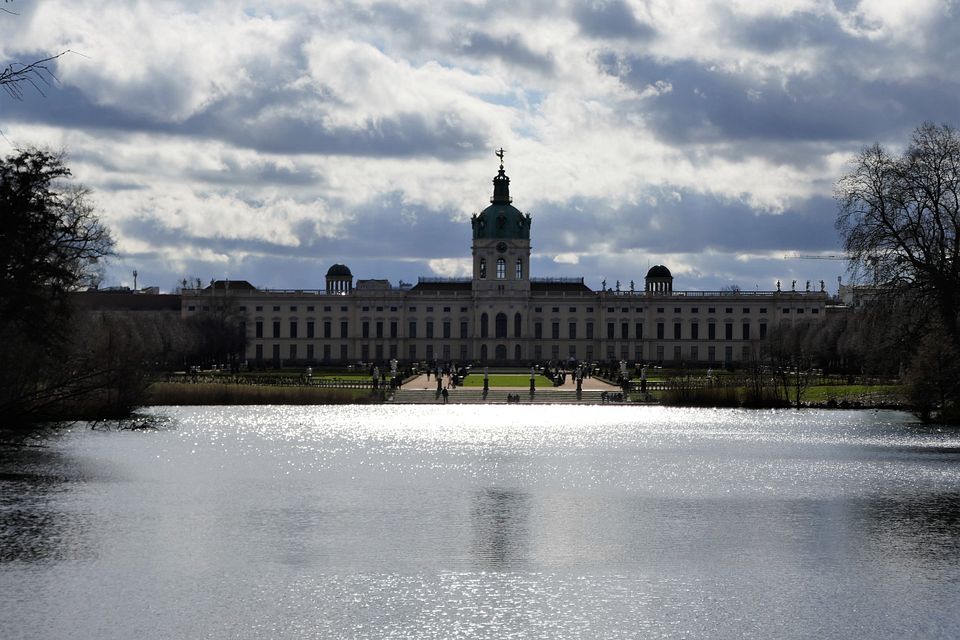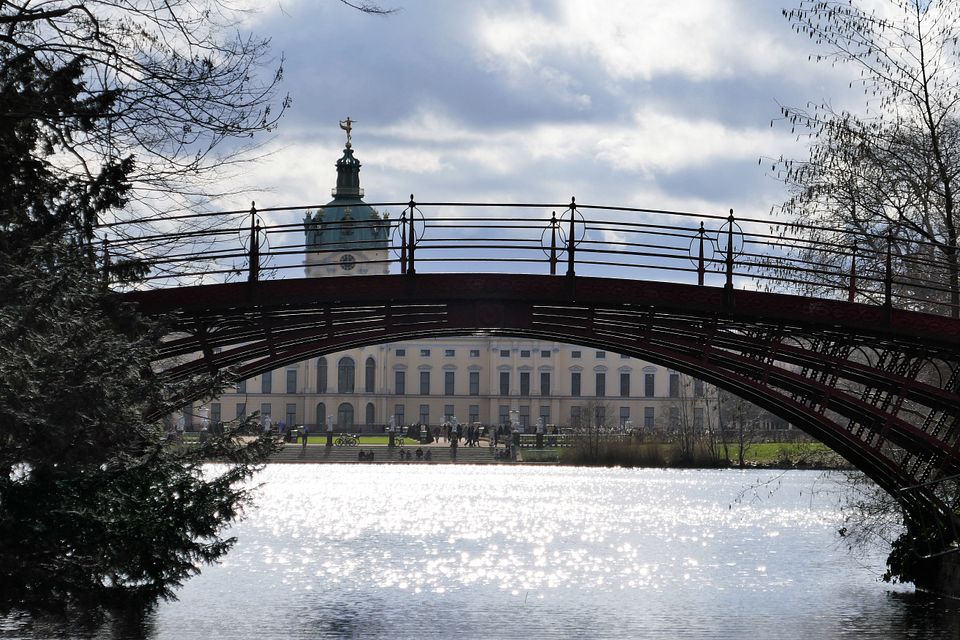Alexander Hermann von WartenslebenHans Hermann von Katte's maternal grandfather. Prussian field marshal (the highest rank in the army).
Under F1, a member of the Three-Counts Cabinet, also called the Three-Ws (Die Drei Wehs), consisting of a Count von Wartenberg, Count von Wittgenstein, and Count von Wartensleben (Hans Hermann's grandfather). They were very politically influential until 1710, and raised tons of taxes to pay for F1's expenses. Including this little gem: "Young girls had to pay a 2 groschen maiden tax per month on their virginity."
Finally, plagues and famines and such hit, and there was no more money, and the cabinet had to be disbanded three years before FW became king. Wittgenstein was arrested for dishonesty, and apparently Wartenberg also saw his position as a way to line his pockets. Either the only honest man among the three, or the only one smart enough not to get caught, was Grandpa Wartensleben. Who continued to enjoy royal favor, if not the same level of political influence, under FW (notwithstanding having to pay for the executioner of the grandson he practically raised).
Friedrich Ludwig von WartenslebenSon of Alexander and thereby half maternal uncle of Hans Hermann. (He and Katte's mother had different mothers.) Born in 1707, making him 3 years younger than his nephew Hans Hermann, because Grandpa Alexander was procreating until he was 60 years old.
Died on January 5, 1782.
Title: oberhofmeister/grand-maître. One source says he was the grand-maître of the house of the dowager queen, widow of Frederick the Great, but if both Wikipedia and Lehndorff have him dying in early 1782, and Fritz didn't die until 1786, that must be wrong.
Anyway, all evidence points toward him being the
sugar-hoarder. If Kloosterhuis is right that Hans Hermann spent most of his time growing up with his grandfather, and Friedrich Ludwig was only three years younger, I would say this argues for Hans Hermann and sugar-hoarder knowing each other quite well!
Friedrich Sophus von WartenslebenAlexander's other son named Friedrich, born in 1709, so only two years after the previous son named Friedrich, who seems to have gone by Ludwig/Louis to reduce confusion. Ended up as envoy to Copenhagen and Stockholm under Fritz.
Shows up in other Seckendorff's journal as 1) the guy who keeps saying Fritz is totally fucking EC and thinks his wife has a hot ass, 2) the guy Fritz can't stand.
Leopold Alexander von WartenslebenYoungest son of Alexander, born 1710. Part of the Rheinsberg circle, made it onto Fritz's "6 most loved" list, and apparently, the only person in 1739 whom Fritz liked whom FW didn't immediately hate on those grounds.
I have this description of him:
The King has extreme jealousy against his son, making German quarrels (querelles d'Allemand) with anyone he believes in any particular connection with him. There is only one person who is excepted from the rule; and it's a very rare phenomenon. This person is the youngest of the Counts of Wartensleben, a tall, well-made man, discreet, modest, wise, honest, with very good sense, but who speaks little, and who, moreover, has no place of brilliance. With all this he found the secret of becoming an almost declared favorite, both of the father and the son, although in a much more marked degree with the latter, without the King, who is aware of it, taking umbrage. Finally, it is this honest man, who is the Prince's sole confidant in matters of some consequence, and who dares to speak to him frankly. Wartensleben is like (comme) the friend of his heart.ETA: This means you should ignore any previous comments I made about one of the uncle Friedrichs being on the 6 most loved list. Clearly my past self was confused by ALL THE FREAKING WARTENSLEBENS.
Heinrich's favoriteI can't tell! All of Alexander's sons are dead by 1782, and we're probably looking for someone of the next generation anyway, rather than someone a generation older than Heinrich.
![[personal profile]](https://www.dreamwidth.org/img/silk/identity/user.png) selenak
selenak, would you be so kind as to check the Lehndorff index next time and see if there's a first name given? One of the Lehdnorff volumes is really good about naming first names and relationships in the index, so hopefully this one is as well.
My best guess at present is the son of Fritz's favorite by the same name, Leopold Alexander (1745-1822). He's a lieutenant general by the end of his life, joins the Prince Heinrich regiment at Spandau in 1790, and as far as my clunky German can tell, he gets a pension left to him in Heinrich's will, which is then passed on to his wife and daughter after he himself dies.
Would be fun and totally in character if Fritz and Heinrich had favorites who were a father-son pair with the same name. :P




